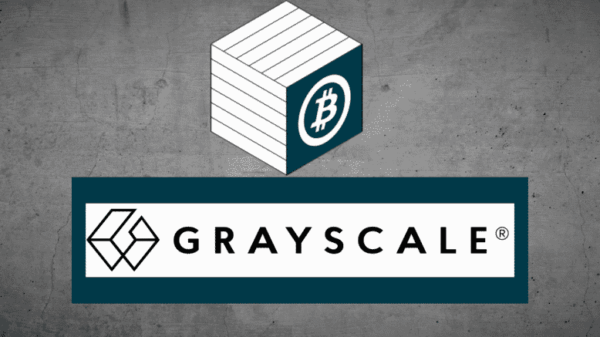The US Securities and Exchange Commission (SEC) has announced a roundtable discussion focused on privacy and financial surveillance scheduled for December 15. This event reflects the growing emphasis on privacy within the cryptocurrency sector.
During the roundtable, industry executives and SEC officials will engage in discussions to identify common challenges and explore potential solutions. However, it is important to note that no definitive policy proposals will be put forward during this gathering.
Privacy has surged to the forefront of discussions following notable events, including the partial guilty verdict in the trial of Tornado Cash developer Roman Storm earlier this year, as well as the sentencing of the developer behind Samourai Wallet in November. Furthermore, privacy tokens have seen a price rally over the past couple of months.
Naomi Brockwell, founder of the Ludlow Institute, emphasized the significance of privacy, stating, “Authoritarians thrive when people have no privacy. When those in charge start being hostile to privacy protections, it is a major red flag.” This renewed focus on privacy resonates with the cypherpunk ideals that initially inspired the development of cryptographic technologies.
Legal experts have raised alarms about the implications these recent legal cases may have on privacy technology within the United States. They argue that the prosecutions of open-source software developers for creating non-custodial, privacy-focused tools could serve to deter innovation in privacy-preserving technologies.
Comparatively, the verdict in the Samourai Wallet case has drawn parallels to the notion that car manufacturers like Toyota could be held accountable for the actions of individuals who misuse their vehicles for criminal activities. Journalist and crypto advocate Lola Leetz articulated this analogy, stating, “People should not be held accountable for what other people do with the tools they build.”
Adding to the evolving narrative, in August, Matthew Galeotti, acting assistant attorney general for the Department of Justice”s criminal division, indicated a shift in the department”s approach. He stated that the DOJ would refrain from prosecuting open-source software developers merely for writing code unless there is clear ill intent. Galeotti asserted, “The department will not use indictments as a law-making tool.”
This roundtable will be instrumental in shaping the ongoing dialogue surrounding privacy in the crypto industry, particularly in light of these significant legal precedents. As stakeholders gather to discuss these pressing issues, the outcome may influence the future landscape of privacy-preserving technologies and their development.






































































